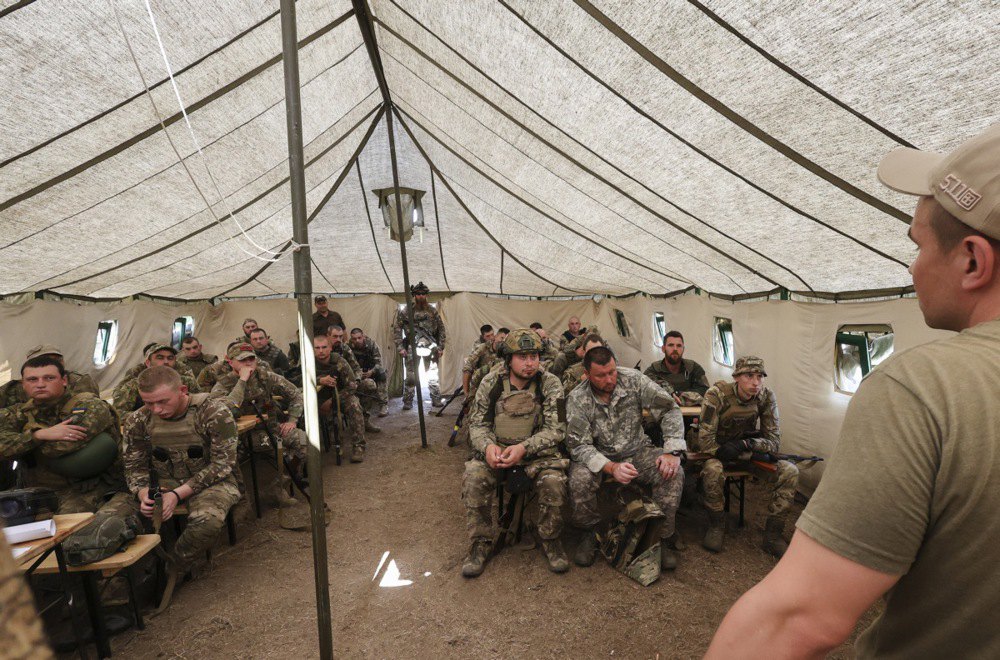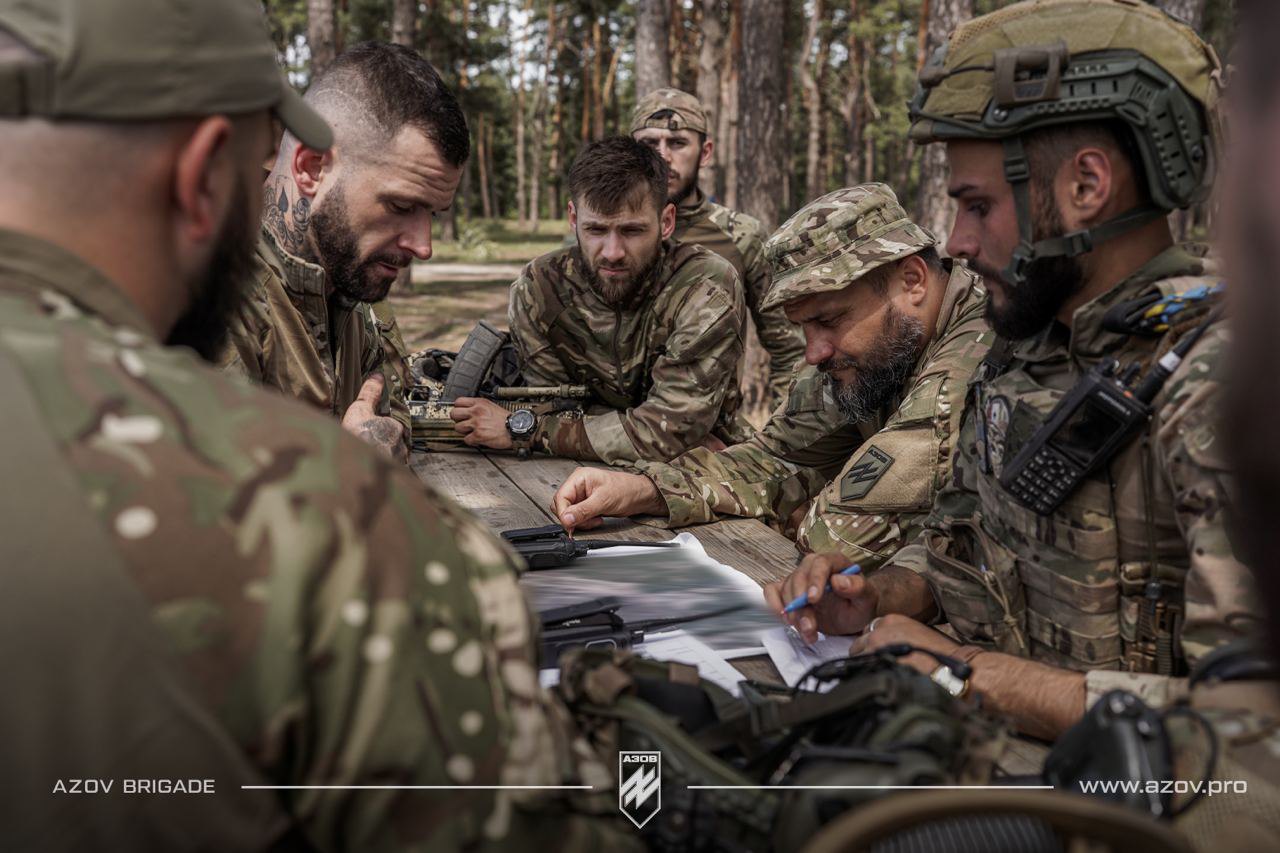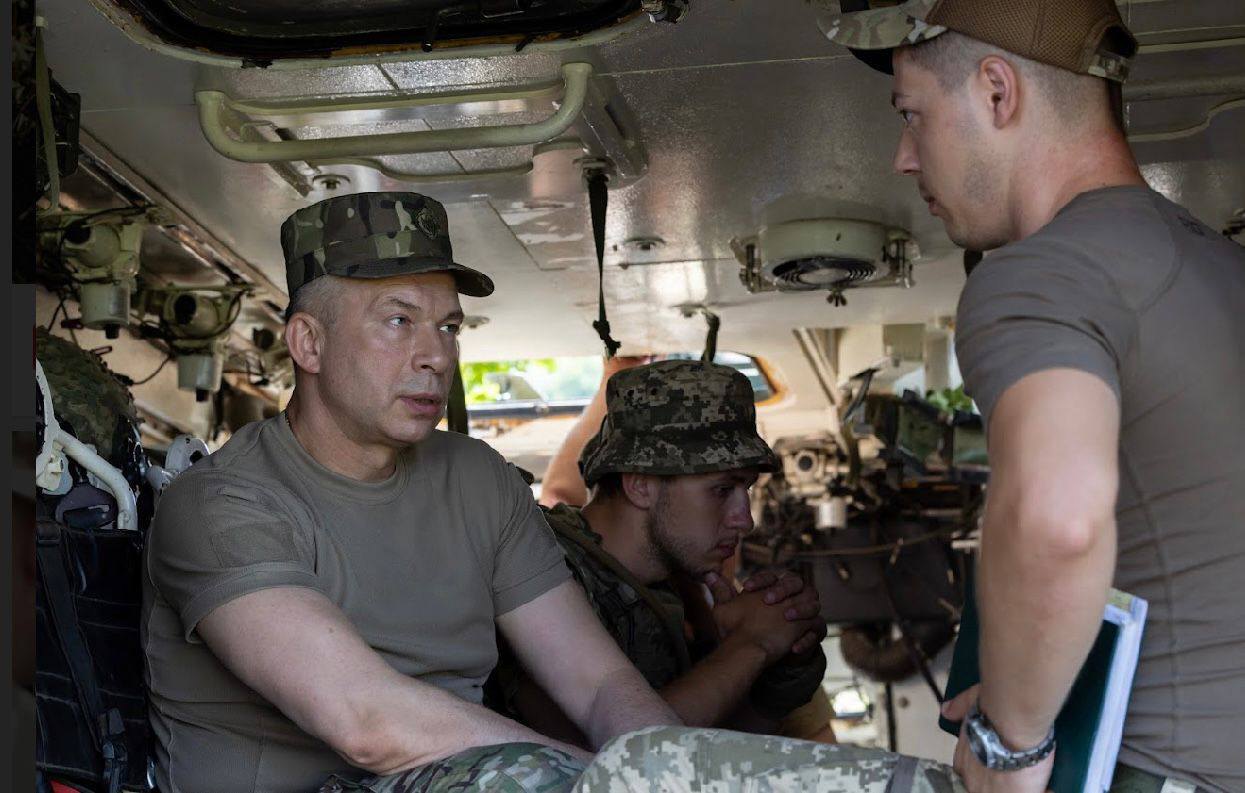The Armed Forces of Ukraine continue to fight fiercely against Russian aggression, but internal problems in the structure and management reduce their effectiveness. The General Staff of the Armed Forces of Ukraine faces a number of challenges that require urgent solutions to ensure the successful execution of combat missions.
In X, the former Twitter, a former officer and well-known analyst with the nickname Tatarigami , published an interesting observation that he had after talking with the military. Viktor Kevlyuk , an expert of the Center for Defense Strategies, commented on these conclusions for the publication LB.ua. In his opinion, the author identifies a number of problems that reduce the effectiveness of the use of the Defense Forces in this war.
1. The gap between the actual level of combat capability of military units and its assessment by headquarters
It was always like that. And not only in the Armed Forces. It was always easier to change the governing document or extend the service life of missiles, to invent some new standards for assessing the condition of aircraft, than to buy and give the troops equipment of appropriate quality with an acceptable operational resource. Everyone remembers the rocket attack on Brovary in 2000, when the rocket, which was stored longer than the prescribed time, did not fly to the place where it was sent, but to a residential building.
The resource can be extended by the manufacturer after examining the condition of each specific batch. But when the manufacturer is the Russian Federation, you should not hope for it. Last week, for example, the Russians tested the RS-28 "Sarmat" intercontinental ballistic missile, trying to rattle it either with nuclear power or with the bones of nuclear relics. The result was an explosion of an RS-28 rocket in the mine, which destroyed both the mine itself and half of the Plesetsk cosmodrome at the same time (the allies will count exactly how much remains of the cosmodrome and write it down somewhere). This is the fifth attempt to rattle and, as always, unsuccessful.
The enemy plans to replace the ICBM RS-36 "Voevoda" (yes, the same SS-18 Satan) with the Sarmat missile, which was produced in the Dnipro at Pivdenmash. The Strategic Missile Forces of the Russian Federation have 58 RS-36s on combat duty, and only its engineers, not Russian Kulibins, have the right to continue doing something there. Let's make an assumption about the state of RS-36 missiles that are on combat duty in the Russian Federation: residents of Nizhny Tagil, Dombarovsky, Uzhur, Vypolzov, Kozelsk, Itatka, where the position areas of the 13th and 62nd missile divisions are located, are in danger, because Back in 2014, "Pivdenmash" stopped extending the resource of missiles in the Russian Federation.
But we are talking about our own: the tasks assigned to the troops very often do not correspond to their combat capabilities. It is surprising that I had the same impressions after all the command and staff exercises. Have such views crept into combat practice and become the norm? Of course, all this can be explained by the lack of forces and means, but by performing an unrealistic task, the unit loses even the potential it has, and the problem becomes even more acute.
The new brigades, which have mostly theoretical and training experience, find themselves in the most important areas and are unlikely to be able to perform the combat task as written in the book. Many such episodes can be recalled - Ocheretyne, Toretsk, for example.
Currently, the TrO brigade is conducting combat operations in the Kursk region. How did she even end up in the "Siversk" OTUV?! Now the deputies of the parliament are concerned with this issue, there is a corresponding parliamentary request. It is critically important to bring the actual assessment of combat capability and the paper one as close as possible, if the assessment methodology needs to be changed, do it immediately.
War-weary personnel have long become a determining factor of combat capability, because their moral, physical, and psychological state are key components of combat potential, because it is the personnel who are its main carrier.
2. Lies and unrealistic reporting
The statute of the internal service assigns responsibility for the state of combat and mobilization readiness to the commander from the branch to the brigade. Without missing anyone. Any problem of the unit is formed either due to the oversight of the immediate helmsman or senior bosses.
From there, a tension arises: either you are guilty, for which you will be raked, or your boss is guilty and you will be raked, if you tell this boss about it. This scoop model leaves no room for maneuver, and only real leaders are able not only to take responsibility for themselves, but also to resist the pressure of the principle "I'm the boss, you're the fool."

Photo: EPA/UPG
Weak leaders simply hide the problems of their level of hierarchy and generate fictitious reporting upwards. At the brigade level, the headquarters has three battalions, nine companies, 27 platoons of only infantry, and in the conditions of modern dynamic combat, it is forced to rely mainly on reporting, which leads to the generation of tasks of the unit, which exists only in the imagination of the headquarters and in the report of the commander of this unit. All this has extremely sad consequences - losses, abandoned positions, retreat.
3. Systemic problems of staffing and training of reinforcements
Those who want to delve into the topic - read the posts of Roman Donik, head of the training and instructional group of the 151st training center, where recruits receive basic military training. Impressive from time to time. In particular, the resilience of the command and instructors of the center to resist the destructive influence of yesterday's army on its tomorrow. According to the estimates of the majority of commanders at the front, the professional skill of the recruits is far from the independent performance of functional duties by position.
It is impossible to fight like this, and the unit receives an additional internal task - to retrain, and often - to retrain reinforcements. That is, a brigade that has to fight must also be a training center in between battles. There is neither time nor resources for this in the brigade. All the spears that were about the use of combat experience, the potential of soldiers who have partially lost their health, but have a pedagogical flair, as instructors have already been broken. But even now, at the bus stop, "let's talk about NATO standards."

Photo: AZOV
4. Lack of task performance reviews
The tenth year of the war, and the procedures of post mission briefing have not taken root. But at the strategic level, conferences are held every year, where the mandatory subject of consideration is the experience of using troops (forces) in anti-terrorist operation/defense forces/strategic defense operation of the Defense Forces. The pinnacle of tactical skill is the brigade, that is where the exchange of experience should take place. And not in the blue building on Air Force Avenue in Kyiv.
An example is from the Afghan experience: the late General Rokhlin, in Afghanistan - lieutenant colonel, commander of the 860th regiment in Faizabad, had a negative experience - the battalion of the regiment retreated in the battle near Baharak without completing the combat task and left several serviceable BMPs to the mujahideen.
Rokhlin was removed from his post and appointed deputy commander of the 191st OMSP in Ghazni. When he was reinstated about a year later, Rochlin introduced the following practice: each unit commander, after completing a task, arrived at the regimental headquarters and wrote down in a special journal what task, what forces he performed, what results he achieved, what resources he had, how he spent what could be improve next time. This knowledge was accumulated, new officers had access to this knowledge, old officers had the opportunity to more effectively prepare for tasks that someone had already performed before them.
A simple solution, but very effective. Why is this not the case with us? The other side of this coin is responsibility for the commanders who failed. I could not recall cases when the responsibility for an unfulfilled combat mission overtook at least one commander. As Napoleon said: "Victory has many parents, defeat is always an orphan." This should be changed as soon as possible.

Photo: tg-kanal Syrskyi / Chief of Staff Oleksandr Syrskyi communicates with servicemen of the Armed Forces of Ukraine during a visit to the eastern direction of the front, July 19, 2024
Because of this, the generation of solutions of questionable effectiveness continues, resources are distributed manually, and staffing and training problems have not been solved for years. The gap between the staffs is deepening, the tactical link is searching for an answer to the question "what is the senior staff smoking?" acquire an epistemological character after receiving each BRka.
Soldiers, sergeants and junior officers, who are not always adequately trained and equipped, but risk their lives every moment, performing tasks that are not always clear to them, should not be blamed for the fact that they could not complete these tasks.
If the senior staffs do not finally learn to analyze defeats, establish their objective causes, punish their subjective causes, draw up realistic road maps for overcoming such problems (in the language of NATO - "capability development"), then they will continue to pay with their lives at ground zero for the conservation of hierarchy affected by managerial arthritis.
Viktor Kevlyuk , expert of the Center for Defense Strategies

